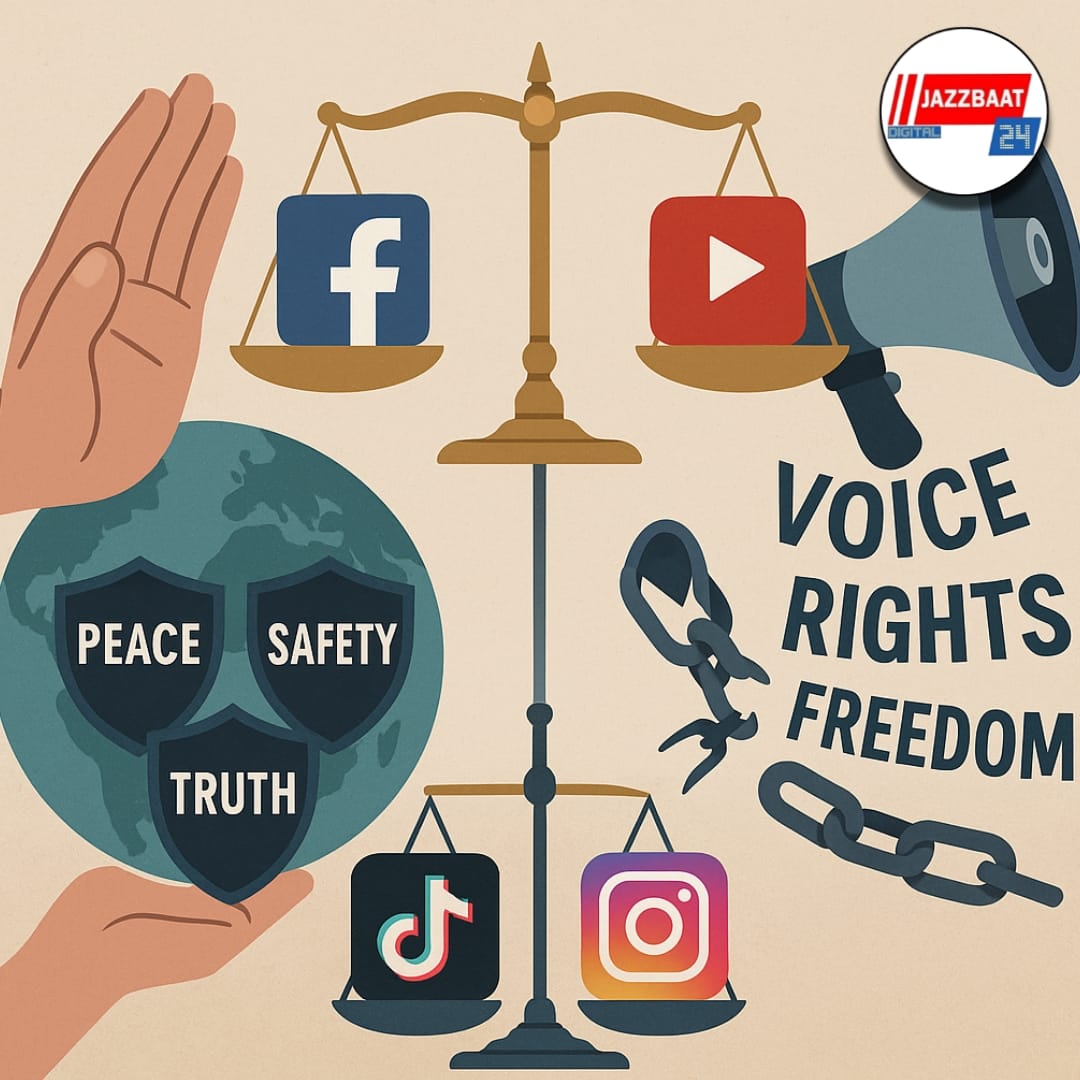
In today's world, social media has become not just a mode of communication, but the most significant medium for expression. Political views, social movements, personal opinions, art, and literature -- everything is now propagating through the immense space of social media. However, along with such wide usage, comes the issue of censorship as well. As a consequence, there is now a new debate: whether or not censorship of social networks assists in maintaining freedom of speech or if it infringes upon constitutional rights?
It is argued by some experts that unchecked and irresponsible postings are spreading misconceptions in the world today, violence, hatred, and misinformation. In these circumstances, one must impose certain controls on social media sites. Decision-making agencies also assert that if violence is provoked or social peace is endangered in the interest of free speech, it never goes with the values of democracy.
Conversely, those who are proponents of freedom of expression claim that there is a danger that dissent will be suppressed in the name of censorship. In most instances, some forms of speech are being censored or deleted based on political pressure or corporate motives. This goes against the right of individuals to express themselves freely. Furthermore, since no specific international censorship standard exists, such control is implemented on a varied basis according to disparate countries, giving birth to discriminatory treatment all over the world. Over the last few years, there have been a number of controversial events that have emerged where social media sites have deleted the posts of some individuals or suspended their accounts temporarily or permanently. These actions have been regarded as instances of discharge of ethical obligations in some regions, and in others, it has been mocked as 'digital dictatorship'.
Technology firm companies' own role in the debate surrounding censorship on social media has also faced criticism. Large firms like Facebook, X (formerly Twitter), and YouTube, while making judgments based on their own policies, are often subject to questions of transparency and bias.
Experts are of the opinion that in order to resolve this crisis in the future, one needs to develop a balanced, transparent and human rights-based policy globally. This discussion will persist until a sustainable solution is developed that balances freedom of expression and responsible use.